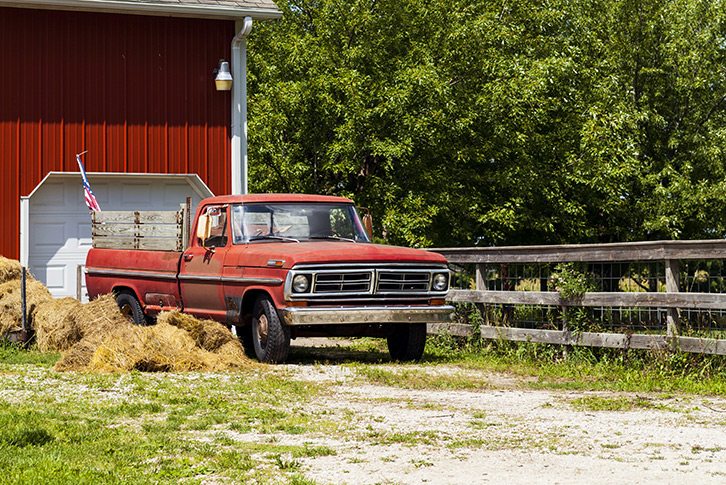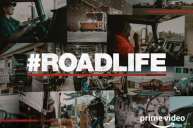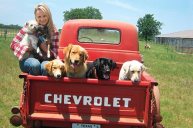The "heartland" is a pickup...or at least it is imagined as one.
You'd think the Heartland boasts more complexity to its character than a pickup. That is true, but the truck helps the Heartland become more than physical geography, more than a place, but actually starts to describe an identity.
Not every truck owner purchases a truck to belong to this identity, but for many, the ownership of a pickup stands as a metaphorical key that can unlock the spirit of America's Heartland culture.
Rolling Start
In the late 20th Century, the term "Heartland" spilled into America's lexicon as a description of the geographic Midwestern region of the United States. According to Dr. William Barillas, a professor at the University of Wisconsin - La Crosse, the area was considered by business professionals and journalists as the center of the American population and the nation's industrial core.
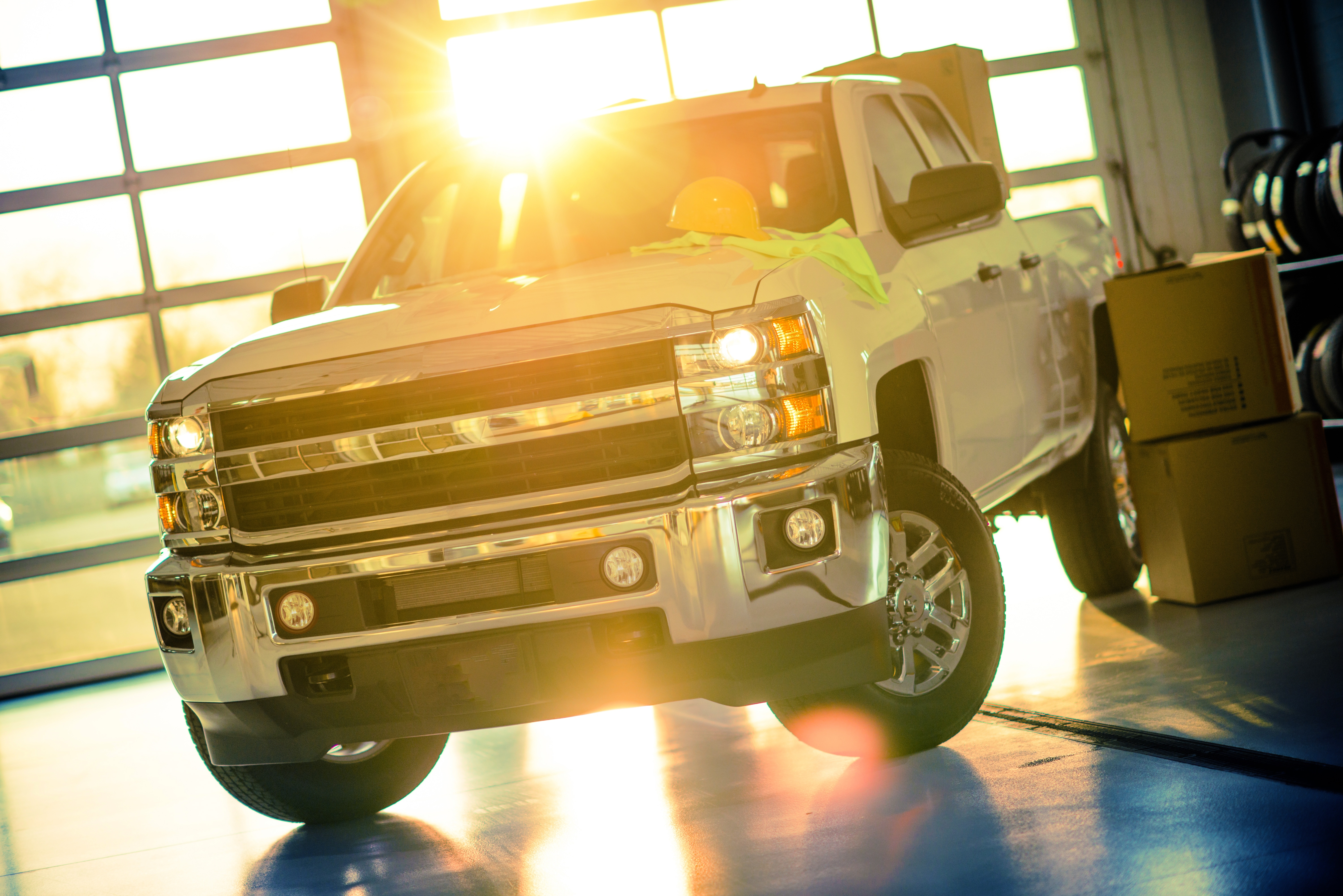
However, later in the century, American writers and poets critiqued and altered the former meaning of the Heartland as they began to conjure images of rural farms, tranquil forests, and backcountry streams to describe the Heartland in their literary works.
It may not have been a clean break from the former imagination, and legacies still may persist, but what took hold in the American imagination of this area was of small towns, farms, and all the symbols which go with them.
One of the most powerful symbols of farm life, culture, and identity is none other than the pickup truck.
A Symbol of the Heartland
The image of the pickup is parked at the intersection of both 20th Century imaginings of the Heartland. Trucks are produced in factories, and aid in work and home life tasks like hauling lumber or helping a friend move.
These half-beds stood as emblems of modernity. Yet, they were painted onto a canvas of a perceived former, pastoral, or possibly, more "traditional" time and place as they sat in their owner's barn, garage, or dirt driveway.
They are time, memory, and being.
The pickup blurs the line between American historical modernity and tradition, as it exists in both. It is a way to connect to the past while also forging ahead on the frontier of the future.
In our contemporary moment, the pickup symbolizes our life, one caught between the old and the new. It's not surprising that the idea of the Heartland was conceived of in the same manner. The truck is a half-bed of history.
Even now, the Heartland as we know it is shifting. It's not limited by where you live, or how you make a paycheck. It's that connection to how things used to be, in a slower, safer, less stress-filled world. It's the need to feel self-sustaining, self-assure, and self-respecting.
Why They Care
Some owners purchase a truck because that is what was owned by their father or grandfather. For them, the truck connects them with the perception of their family held in their memory.
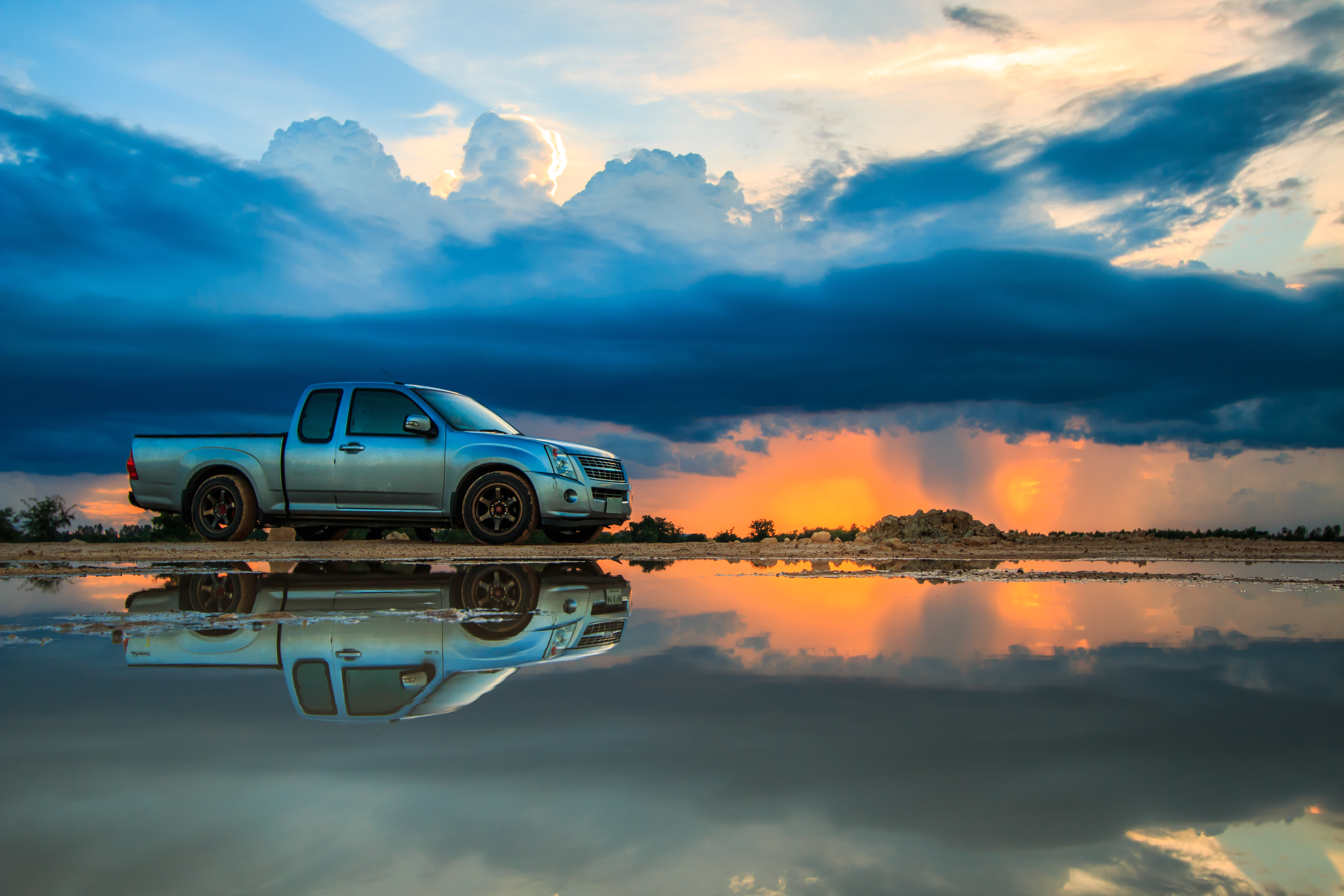
Others will love a truck because it helps them ably perform their job. Their love of the vehicle may spawn from heritage or necessity, but no matter their reasons, it marks their belonging into personal and communal histories.
With their ticket punched, they inherit the legacies of the truck—a membership into the Heartland.
For me, the pickup's popularity stems from the powerful ties to family, community, and those "fly-over-states" sung about by Jason Aldean. But it is also concerned with a person's identity, both present and future.
A pickup owner tends to their history, yet needs to explore new territories and build new roads.
This situates why I believe the Heartland loves its trucks, but it's only one dimension in a complex mythology.
Do you think the Heartland cares about trucks? Why? Sharing a story or experience with someone forms the building blocks of the meaning of a truck and the Heartland.
So ask that question of the truck owners among your family and friends. I bet there are a bunch.
This post was originally published on December 2, 2019.
Read More: 5 BEST PICKUP TRUCKS OF THE LAST 20 YEARS
